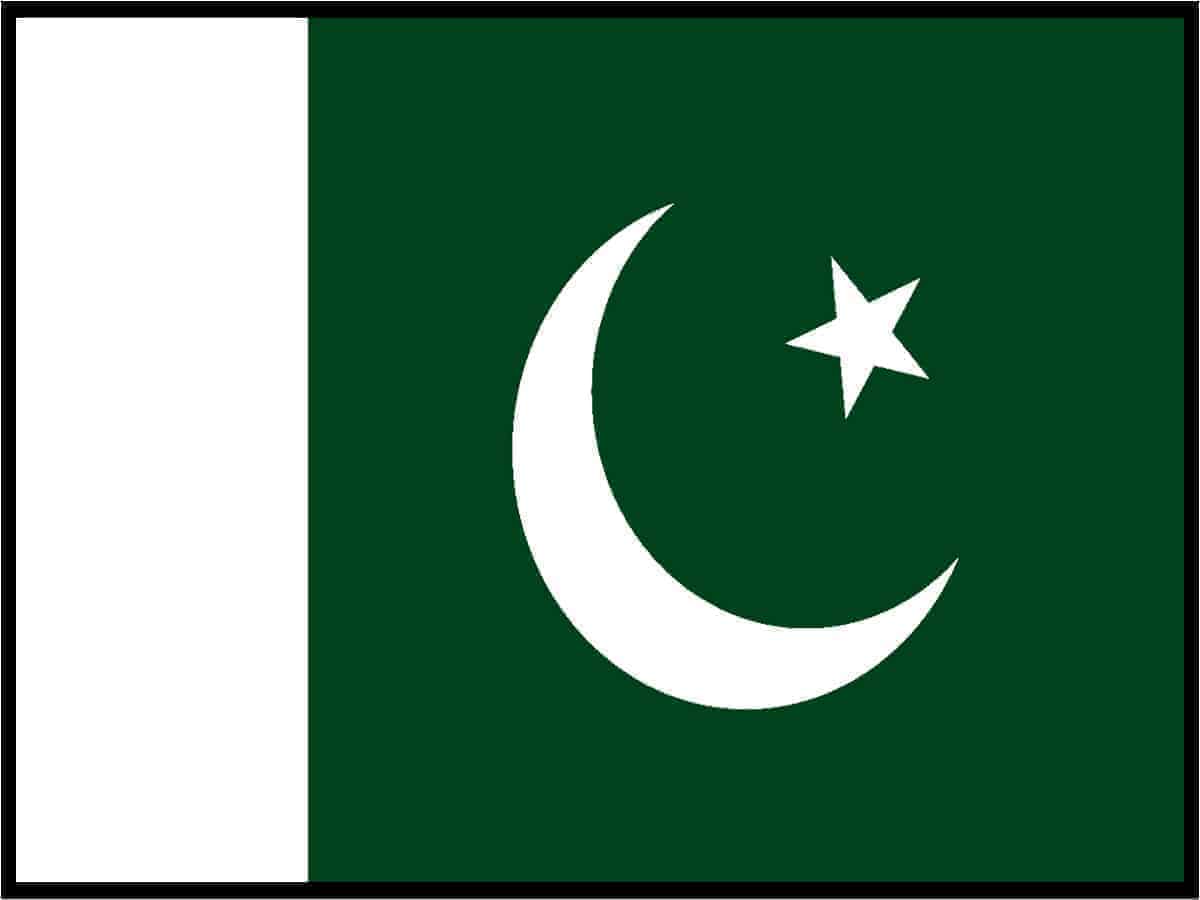
Islamabad: In a bid to ease the mounting pressure on its fast-depleting foreign reserves, cash-starved Pakistan has announced a barter trade agreement with Russia, Iran and Afghanistan for certain goods.
The Ministry of Commerce on Thursday issued the Statutory Regulatory Order (SRO) – a declaration outlining the procedure – allowing both state-owned and private enterprises to engage in goods-for-goods trade, with a specific requirement for private enterprises to be listed as active taxpayers by the Federal Board of Revenue (FBR).
It stated that authorised agents will submit applications through FBR’s online portal to initiate trade.
The application will undergo a review and examination process in accordance with the prevailing Intellectual Property Office (IPO) and Export Promotion Office (EPO) regulations, as well as the conditions specified in the order, it said.
If the application meets the necessary requirements, the regulatory Collectorate of Customs may grant approval or authorisation. Subsequently, the system will generate an approval number linked to the applicant’s National Tax Number (NTN).
The Ministry of Commerce stated that Pakistan can export a wide range of essential goods. The declaration also highlights the opportunity for the export of surgical instruments and sports equipment.
In terms of imports under the barter system, Pakistan will acquire wheat, pulses, and petroleum products from Russia.
It will also import fertilisers and textile machinery from Russia while neighbouring countries will serve as sources for oil seeds, minerals, cotton, fruits, vegetables, spices, and dried fruits.
The decision to allow barter trade comes as Pakistan faces an increasing challenge of winning the International Monetary Fund’s approval for a revival of a USD 6.5 billion loan package.
The programme launched in 2019 will expire on June 30, leaving the country in a volatile situation.
The real challenge will be during the next financial year when, according to former finance minister Miftah Ismail, the country needs between USD 30-35 billion to pay foreign loans and meet the balance of payments.
Currently, the country’s foreign exchange reserves are a little over USD 4 billion.



